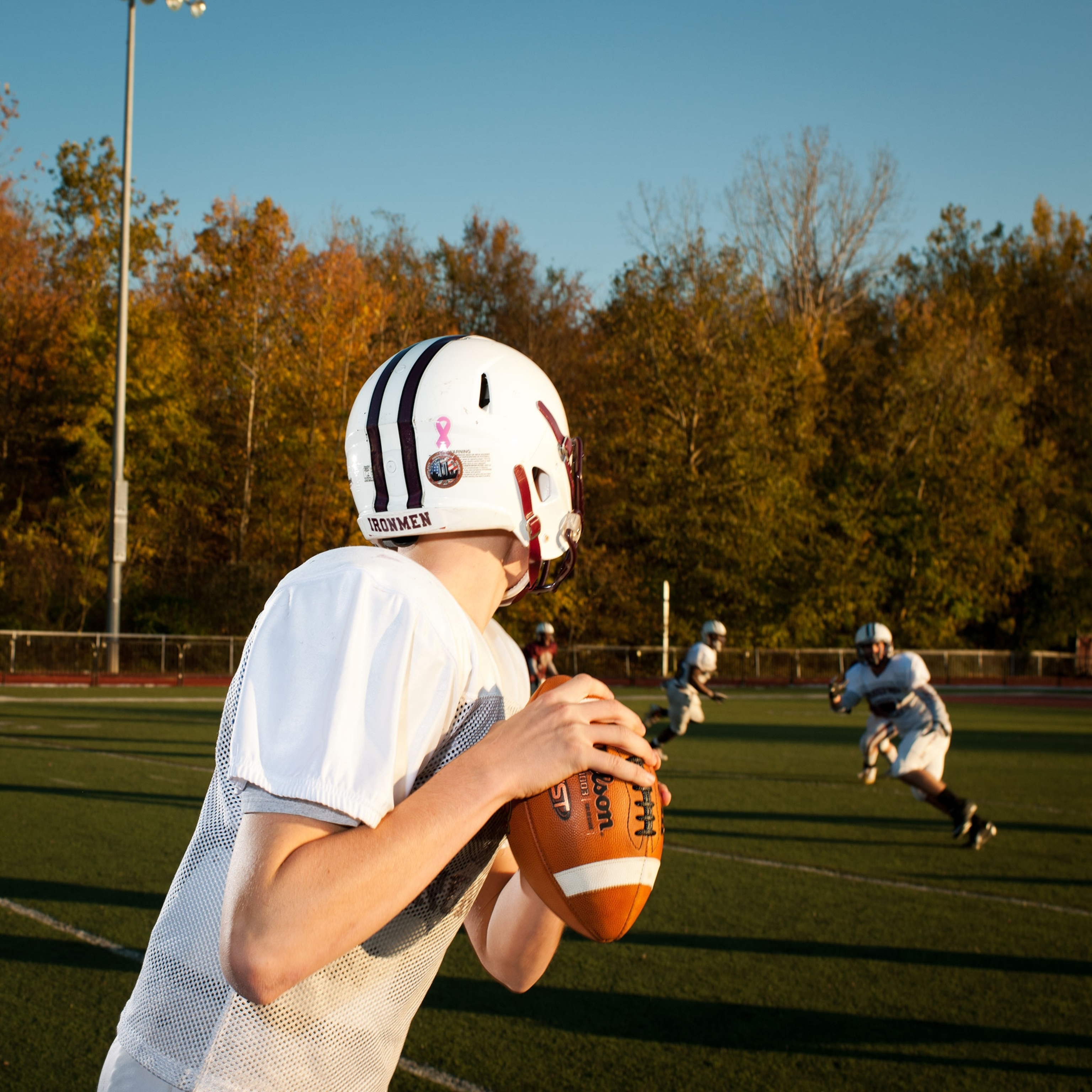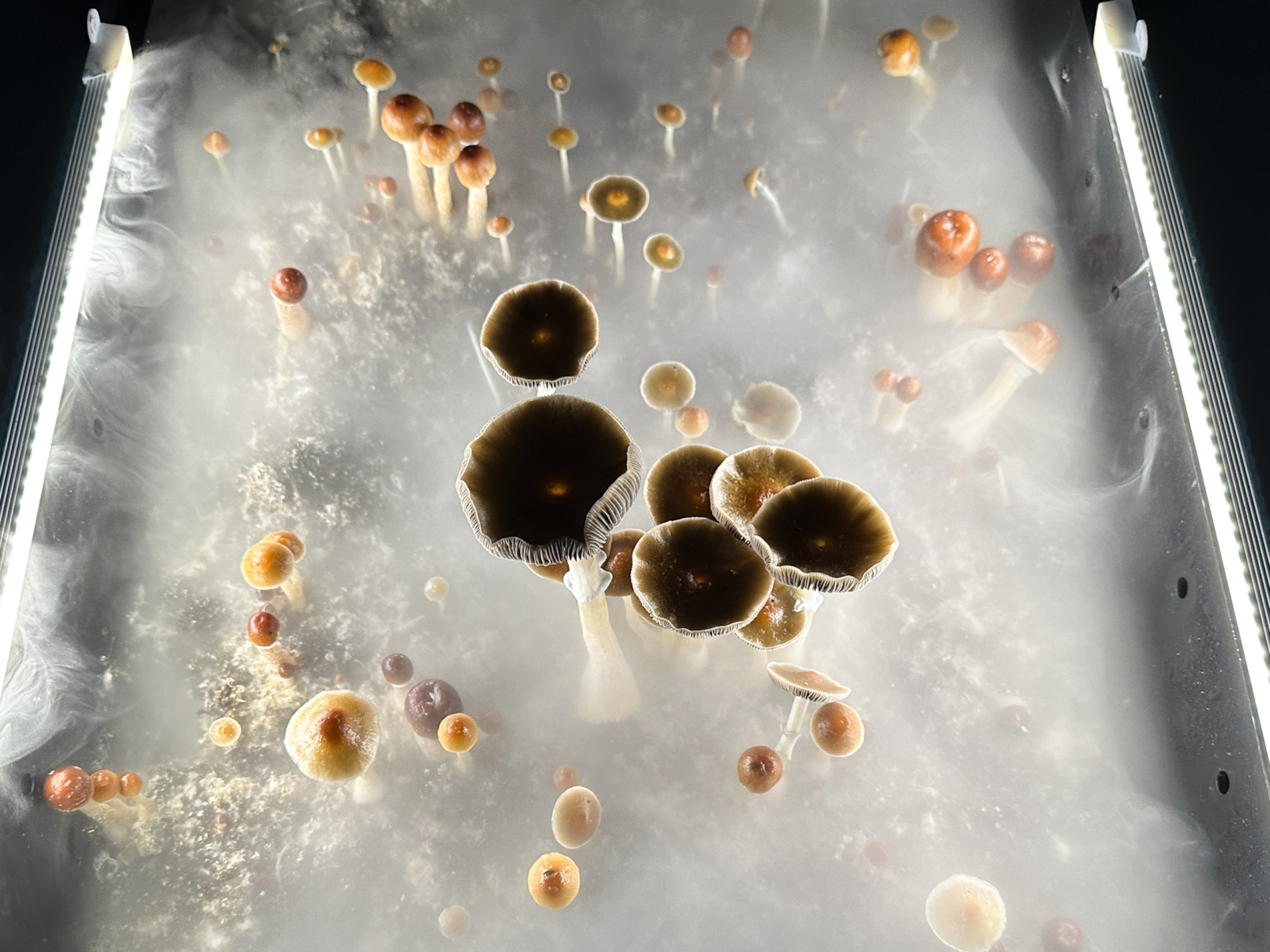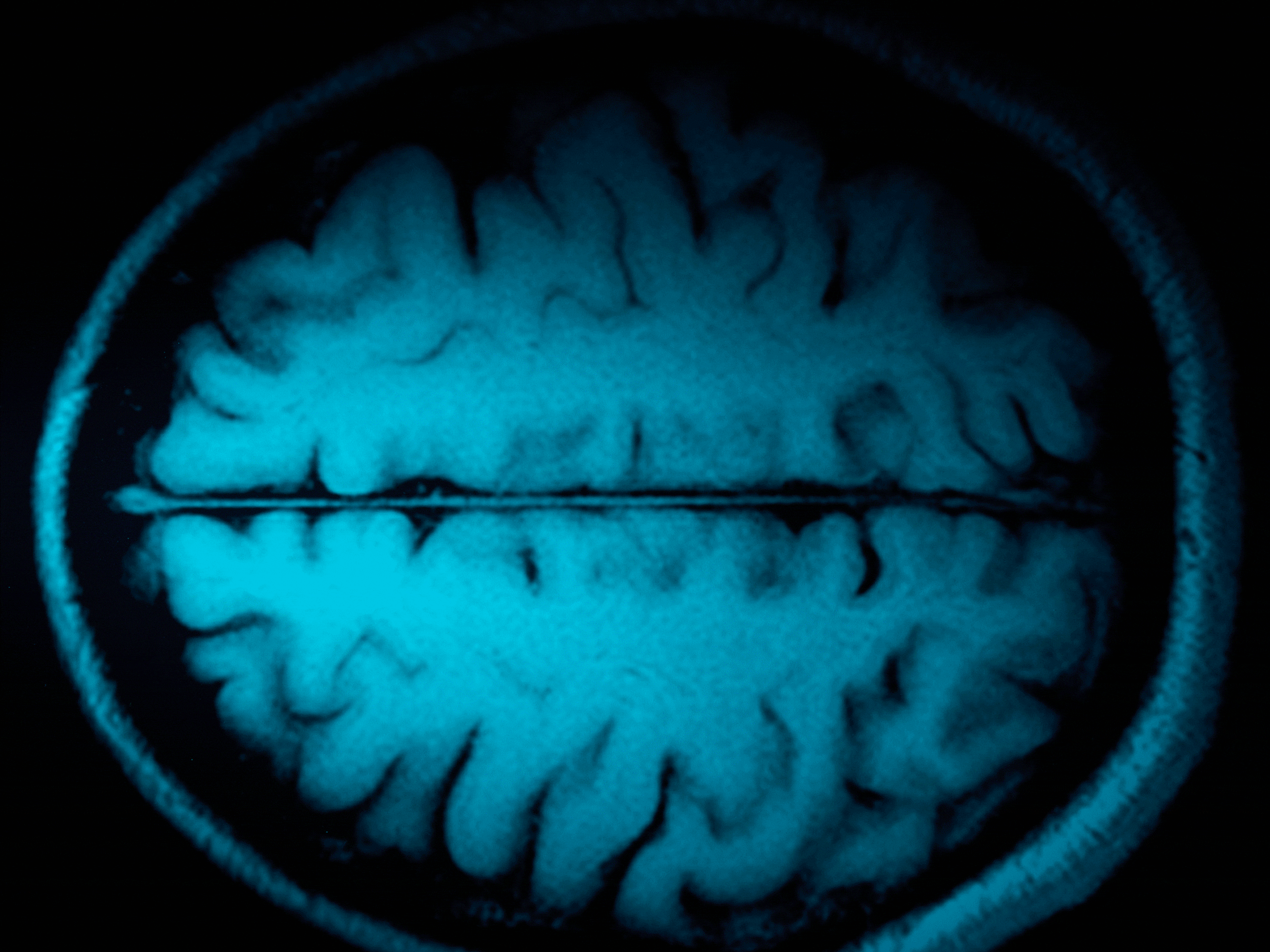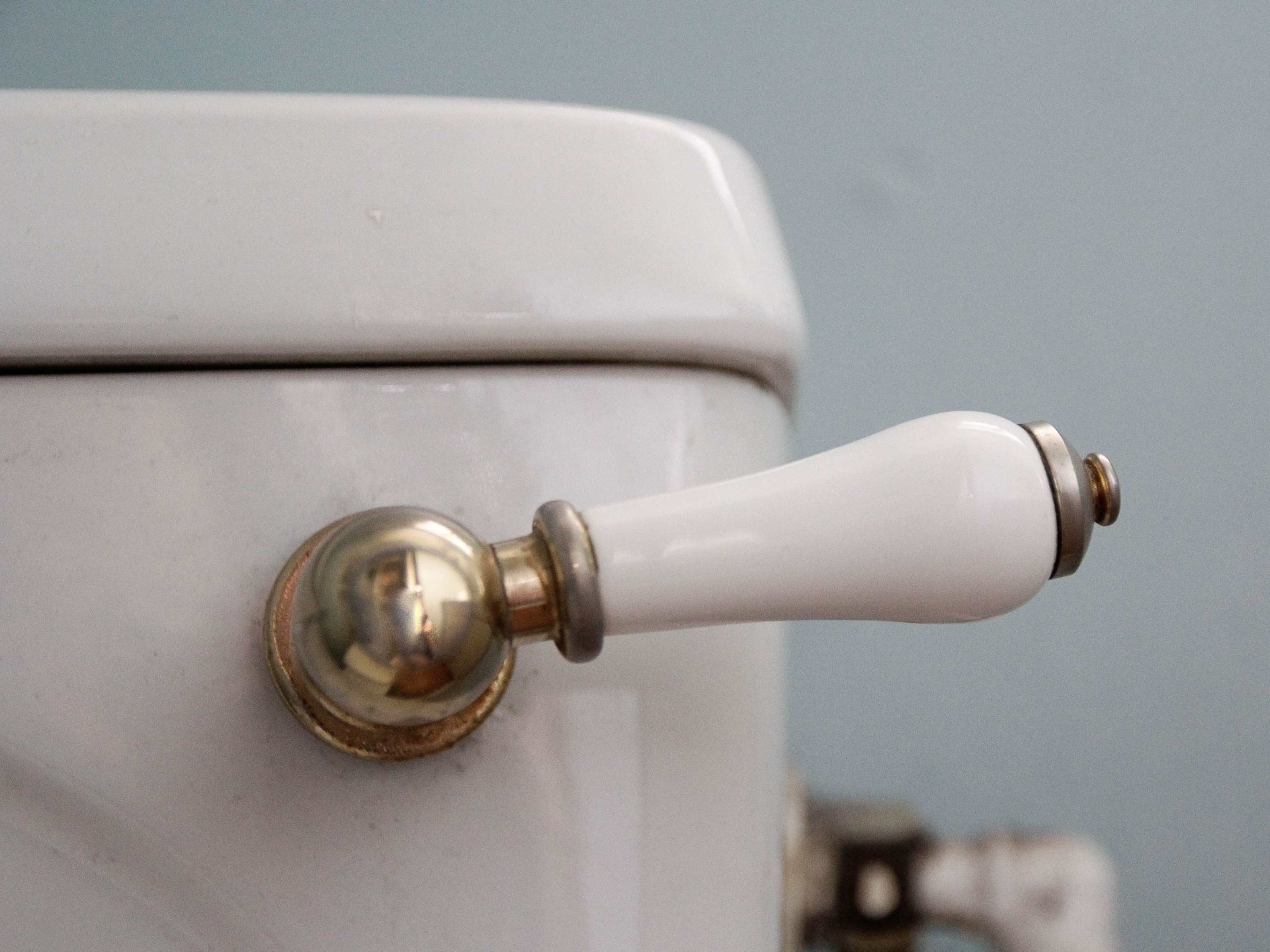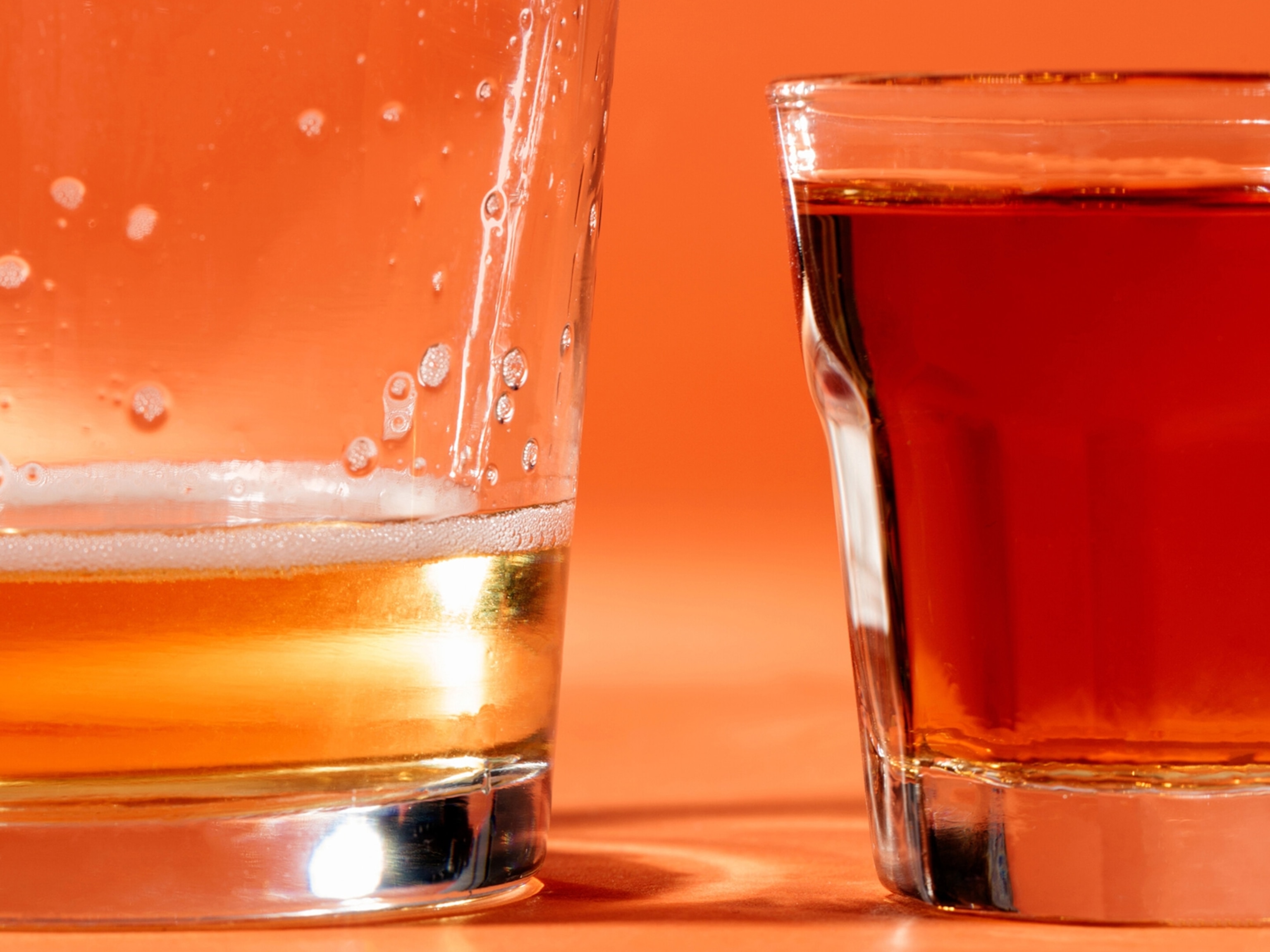If you’ve felt like people are getting crueler, you may be right
Schadenfreude is feeling pleasure at other people's misfortune. Experts explain the factors that may be leading to this nationwide deficit of empathy.

When a Manhattan art dealer showed interest in Paul Weiner's art, he thought his career had finally taken a turn. The then-struggling artist was couch surfing in Brooklyn when the well-connected procurer discovered him on Instagram. "At first I thought she was interested in my work," Weiner says, "but it didn't take long before her intentions became apparent." Soon after they began talking, the dealer’s attention shifted from Weiner's art to hearing about how he couldn't afford paint or pay for much-needed dental work. "She delighted to hear about my misery," he says, "she always needed to hear another story about my struggles."
Though he didn't know what to call it at the time, Weiner was a victim of schadenfreude: feeling pleasure at other people’s misfortune.
It isn’t a new sentiment. For example, an old Japanese saying goes, "the misfortune of others tastes like honey" and 19th-century philosopher Friedrich Nietzsche famously proclaimed, "to see others suffer does one good." But there are three factors today triggering the emotion more frequently in wide swathes of people, say researchers at Johns Hopkins, Columbia, Berkeley Haas, and Harvard universities. These include the overproduction of elite workers, a subject covered by The Atlantic last month, personal responses to the pandemic, and the unfettered use of social media.
"Schadenfreude always exists, but it rises or falls with the prevalence of the emotions that make people experience it in the first place," says Silvia Montiglio, a professor at Johns Hopkins University and lecturer on schadenfreude.
Such emotions are often rooted in a sense of injustice, moral superiority, envy, or someone "deserving" what's coming to them, says Montiglio. It's why we may smile when the colleague we're jealous of gets chewed out by the boss or why we laugh when we see that shiny sports car pulled over moments after it sped past us on the freeway. Schadenfreude is also why much of the world snickered and shared memes when the Titan submersible went missing last month—before its four wealthy passengers were discovered to be dead. "Social hierarchies have long been breeding grounds for schadenfreude," says Montiglio.
Lacking top positions for a qualified workforce
Recently published research shows "upward comparisons," often between the poor and the rich, commonly contribute to feelings of schadenfreude. But what's different is that the emotion is also being felt more frequently by people of the same social standing. Writing in The Atlantic, University of Oxford researcher Peter Turchin recently defined "elite overproduction" as occurring "when a society produces too many superrich and ultra-educated people, and not enough elite positions to satisfy their ambitions." He argues that it's one of two factors behind why some societies have collapsed throughout history and says it's happening again today.
Montiglio agrees that schadenfreude is more prevalent and describes the current advanced job market as more competitive than any she's experienced before. She says it’s causing some within it to silently rejoice when a colleague gets passed over for a position or promotion because that means their own odds just improved.
Mixed responses to a global pandemic
Beyond high demand for a limited number of work positions, another reason schadenfreude is being felt more frequently has to do with the pandemic. "The pandemic created a perfect storm of moral superiority, bragging behaviors, and a disease that causes serious harm and misfortune," Montiglio says. Indeed, schadenfreude is likely behind much of the sneering and finger wagging the world witnessed when people who wouldn't get vaccinated contracted COVID or when those who did and masked-up, got sick anyway.
Julia Garcia, a mother of two from San Jose, California, experienced such feelings firsthand when her cousin came down with the coronavirus. "He had been so cocky on Facebook that he didn't need the vaccine," she says. He'd made fun of family members who had gotten the jab and claimed the virus had been exaggerated by the media. "So, when he finally got sick, I felt sort of happy," Garcia explains. "It wasn't until he had to go to the hospital and became very ill that I felt embarrassed for ever being glad."
In addition to the pandemic, Garcia also touches on what is likely the most significant driver behind modern prevalence of schadenfreude: social media.
Social media is a platform and lens for schadenfreude
Colin Leach, a psychologist at Columbia University and author of schadenfreude-related research, says the pleasure of schadenfreude is intensified when it's directed toward someone we dislike—and that social media often fosters such emotions.
Social media is also where comparisons are frequently made, where jealousies proliferate. "Envy feeds schadenfreude more than almost any other emotion," says Montiglio. What's more, a lot of people get their news from social media and it's where, research shows, many people witness the misfortunes of others—whether that’s a celebrity getting "cancelled" or neighbors going through a divorce.
Sometimes, social media is even a platform where schadenfreude is used to manipulate user ideology, often in the political sphere. "'Own the libs' is a slogan designed to cultivate schadenfreude," says Susanna Siegel, a professor of philosophy at Harvard University.
Political attempts to weaponize schadenfreude and exploit ideologies this way are often effective because schadenfreude can make it more emotionally rewarding to see someone on the other team fail than one's own team succeed. "I believe there was some evidence of this during the 2020 election," says Sa-kiera Hudson, an assistant professor at University of California, Berkeley Haas who has published supporting research. “People might be more motivated by the chance to harm their outgroup than the chance to help their ingroup," she explains.
Not letting schadenfreude get the best of you
But schadenfreude does more than negatively affect growing divisions within society, it most often harms the individual experiencing it. German philosopher Arthur Schopenhauer once called schadenfreude "an infallible sign of a thoroughly bad heart;" and though that sentiment seems perhaps too broad-brushed considering everyone feels some degree of the emotion from time to time, schadenfreude doesn't exactly say good things about the person experiencing it.
"At its core, schadenfreude is a malicious disregard of another’s humanity," says Leach. One antidote for curing it is to put oneself in the shoes of another. "The most benevolent response to another’s misfortune is sympathy, and that can flow from empathy," he explains. Hudson agrees and recommends avoiding any person or place that weaponizes the emotion, pushes societal comparisons, or asks followers to see the world in a zero-sum manner. "Cultivate a space where everyone can win and schadenfreude is less likely to arise," she says.
For persons who recognize schadenfreude in themselves and want to feel it less often, Leach suggests recognizing that the emotion is often fueled by one's own sense of inadequacy, "so it can be effective to disentangle our feelings about ourselves from our feelings about the fortunes of others," he says. He also advises challenging any personal beliefs about whether someone who experiences misfortune really "had it coming to them" and if it was deserved. "When we claim that a misfortune is fair, we should be sure that it truly is and not just because we're happy to see them get 'knocked down a peg,'” he says.
And if such steps are too difficult, at the very least keep your happiness over another person's misfortune to yourself, Siegel recommends. "If you feel conflicted about your own schadenfreude, that's a good sign," she says. "It's the unconflicted celebration of someone else's pain that is right up there with cruelty."
